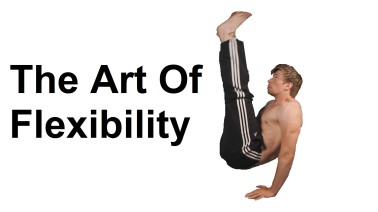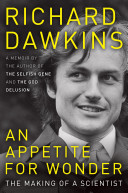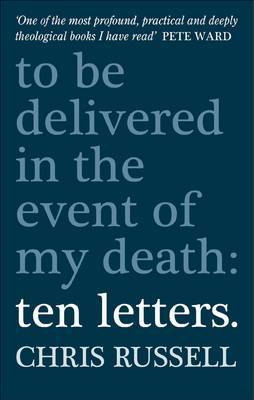The next section of Acts 11 (v19-23) records how the gospel was gossiped further afield.
The persecution of Christian disciples following Stephen’s murder caused many to leave Jerusalem and seek safety. But they couldn’t keep quiet about what they had seen and heard. Some were not selective in who they told and Dr Luke (himself a Gentile) is keen to note that non-Jews began to believe in Jesus.
Antioch was a significant city in the Roman world and as a great number of people came to faith, a large Christian community was formed. News reached Jerusalem and probably set off some warning bells among the leadership.
Who was responsible for this movement? Was it a genuine work of God? What kind of things were being taught? Who’s in charge?
They chose the man with the nickname “Son of Encouragement” to go and find the answer to these questions. They chose wisely. Barnabas was a man with a big heart as Luke testifies in his impressive character reference (v24). He was discerning enough to see what was taking place was a genuine work of God, and true to his name, he encouraged them in their faith and set about the essential task of teaching these new converts.
I am both impressed and challenged at the response of the Jerusalem leadership team.
Think what they could have done if they had sent an emissary with a bad attitude and a controlling agenda!
But the impact of the extraordinary events in Cornelius villa had underlined the mission was in Hands much larger than theirs. They had the ability, humility and wisdom to see God was at work in Antioch.
They were more concerned about the fruit than the farming method.
Some years ago I was part of a leadership team that was about to plant a new congregation. Anxious to avoid re-inventing the wheel we asked a colleague from another city to share his own experience of planting out from a mother church. It was a worthwhile investment. One phrase has lingered in the memory. “When you plant” he told us “be committed at the core, but flexible at the edges”.
Vision feeds on flexibility.








